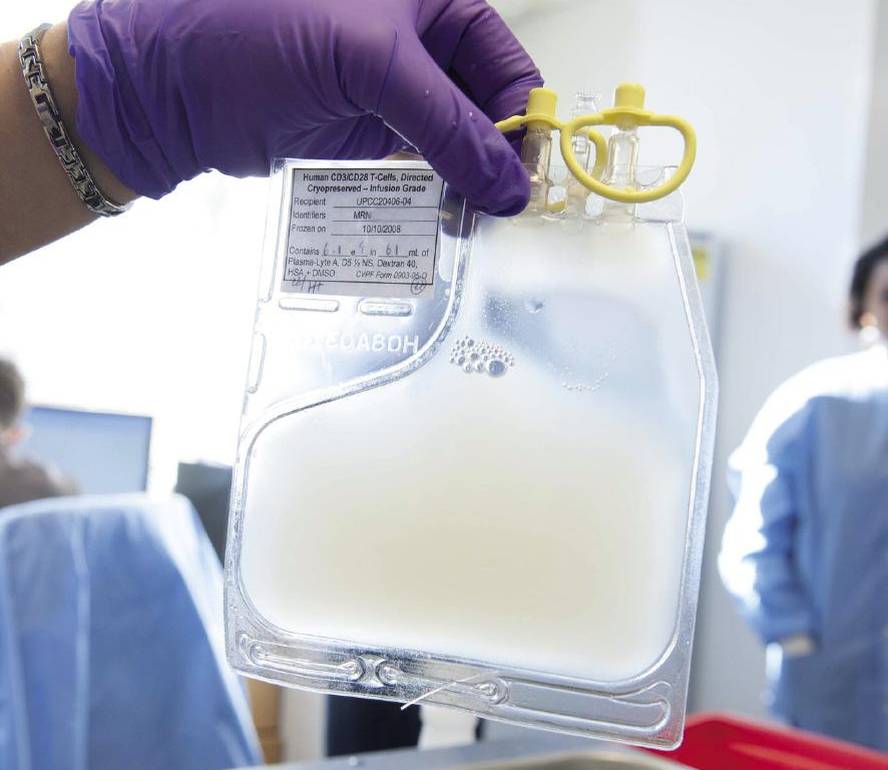Gut microbiota affects cancer immunotherapy
CAR-T cell immunotherapy is giving promising results against some cancers in recent years. However, these results vary greatly from patient to patient. Well, a recent study published in the journal Nature Medicine found that this difference could be due largely to the intestinal microbe.
Study of microbiomes in 172 patients treated with CAR-T immunotherapy. And they found that patients who took strong broad-spectrum antibiotics before therapy had a lower diversity of microorganisms and worse treatment outcomes. And among those who took low-risk antibiotics or did not take antibiotics, they found that those who had a high level of Bifidobacterium longum had better results in immunotherapy.
On the other hand, using the data obtained, an machine learning algorithm was created to predict the effect of immunotherapy based on the microbe. And according to this algorithm, the bacteria Bacteroides, Ruminococcus, Eubacterium and Akkermansia are the ones that most influence the success of immunotherapy.






